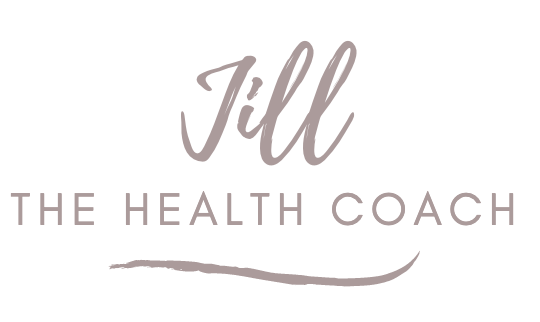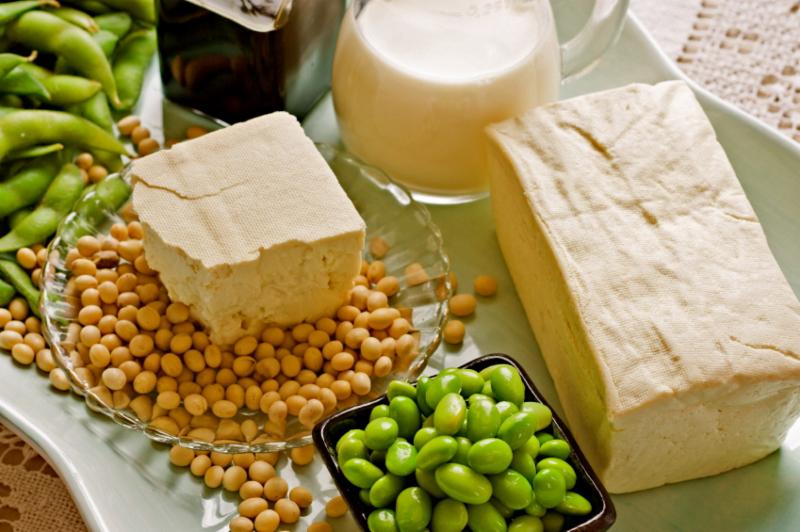Reposted from January 28, 2015
Soy has long been believed to be a health food. For many vegetarians, it’s their main source of protein. It’s also been touted as a milk alternative and even the base in some baby formulas. Soy, furthermore, has been popularized due to its being a main staple for centuries as a part of Asian culture. Surely, it must be a great healthy alternative, right? Unfortunately, this couldn’t be further from the truth.
First, there are different types of soy. There is processed soy and natural or fermented soy. Processed soy is the type that we see in almost all packaged foods in the form of soybean oil, soy lecithin or soy isolate. Processed soy is even disguised as texturized vegetable protein or hydrolized protein.
I do recommend you staying away from all GMO (Genetically Modified) soy. It may be hard to do as it is everywhere in the US. You see, processed soy has an estrogenic effect. That means it gives men some women properties–can you say man boobs? We’ve all been witness to this growing phenomenon on every beach. Even worse, the phytoestrogen can cause testosterone imbalance leading to infertility, low sperm count and even cancer.
In women, it can really wreak havoc on their hormonal balance. Soy can also encourage the development of autoimmune diseases, thyroid dysfunction, diabetes, cancer and more. In fact, a new Sloane Kettering study claims soy appears to BOOST the growth of potentially deadly breast tumors — not exactly the sign of a “health food.” If that wasn’t bad enough, soy also disrupts the endocrine system which regulates metabolism, thyroid, tissue function, sleep, mood and more.
If soy is so bad, then how has it been such an important part of the Asain culture for years? The big secret is that the soy they eat is fermented. This essentially means that the soy is neutralized so it doesn’t have any of those nasty side effects. Traditional Asian fermented soy dishes are natto, tempeh, tamari (one of my favorite condiments!) and miso. Another secret is that a traditional serving is very small, about 2 teaspoons a day. This may explain why there is such a low incidence of breast cancer among Asian women.
In particular, new moms beware. Soy formula may stunt and distort a child’s brain development which could lead to learning disabilities. With its estrogenic properties, it’s like giving a baby several courses of birth control a day! This can lead to a disruption with the production of hormones and then puberty and more.
Choose your protein carefully and read your labels. Reconsider that that soy milk and formula. For you protein bar lovers–they are notorious for using soy as the main protein base along with soy lecithin or soy protein isolates. Also look at all of your packaged foods as so many contain soybean oil or soy lecithin. Soy may not be the joy you’ve been brainwashed to think it is. Listen to your body and stick to other protein alternatives.
Let’s have a conversation on Jill the Health Coach FB page!
All material in this newsletter is provided for information only and may not be construed as medical advice or instruction. No action or inaction should be taken based solely on the contents of this publication;instead readers should consult appropriate health professionals on any matter relating to their health and well-being. The information provided has not been approved the Food & Drug Administration and is not intended to diagnose, treat, cure, or prevent any illness or disease.
All material in this newsletter is provided for information only and may not be construed as medical advice or instruction. No action or inaction should be taken based solely on the contents of this publication;instead readers should consult appropriate health professionals on any matter relating to their health and well-being. The information provided has not been approved the Food & Drug Administration and is not intended to diagnose, treat, cure, or prevent any illness or disease.

